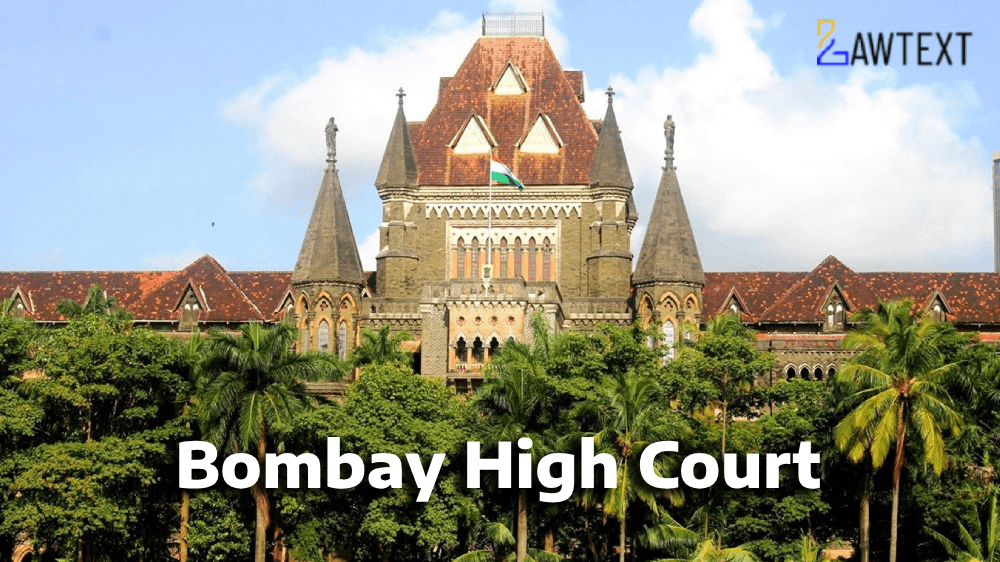CASE NOTE & SUMMARY
The High Court of Bombay at Goa has ruled in favor of the petitioners, who are Group 'A' employees and Section Officers at the High Court, by directing the State Government to implement upgraded pay scales that have been applied to staff at the Principal Seat in Mumbai. The judgment, which emphasizes the prerogative powers of the Chief Justice under Article 229 of the Constitution, orders the Goa Government to re-fix the pay of the petitioners and other similarly situated employees and to pay arrears within a year.
1. Introduction:
-
Parties Involved:
- Petitioners: Group 'A' employees and Section Officers of the High Court of Bombay at Goa (Writ Petition Nos. 186 of 2023 and 409 of 2023).
- Respondents: State of Goa, represented by the Advocate General, and the High Court of Bombay.
-
Grievances:
- The petitioners contended that despite performing identical duties to their counterparts in Mumbai, Nagpur, and Aurangabad, they were not granted upgraded pay scales that were notified in 2022. The delay by the State of Goa in implementing these scales led to the legal dispute.
2. Legal Background and History:
- Jurisdiction and Governance:
- The High Court of Bombay's jurisdiction was extended to Goa in 1981, with a permanent bench established in Panaji in 1982.
- The recruitment and service conditions of the High Court staff are governed by rules framed under Article 229 of the Constitution by the Chief Justice.
3. State Government's Position:
- Distinct Service Conditions:
- The Advocate General argued that Goa has unique service conditions, such as a higher retirement age, and that the financial implications of upgrading pay scales would be significant.
- The State expressed concerns about the potential ripple effect on demands from other state employees.
4. Supreme Court's Observations:
- Independence of Judiciary:
- The Supreme Court highlighted the need for the State to respect the recommendations of the Chief Justice, noting that such recommendations should only be rejected for strong and cogent reasons.
- The Court emphasized the importance of dialogue between constitutional functionaries to ensure institutional integrity.
5. High Court's Ruling:
- Issuance of Mandamus:
- Despite the general reluctance to issue a writ of mandamus, the Court found it necessary due to the State's failure to implement the Chief Justice's recommendations.
- The Court directed the State Government to re-fix the pay and pay arrears to the petitioners and similarly situated employees, within one year.
6. Conclusion:
- Final Judgment:
- The writ petitions were disposed of with the order that the State Government comply with the recommendations of the Chief Justice.
- The Court appreciated the Advocate General's positive approach in agreeing to accept the decision, noting the substantial financial implications but allowing a reasonable time for compliance.
Citation: 2024 LawText (BOM) (7) 302
Case Number: WRIT PETITION NO. 186 OF 2023 AND WRIT PETITION NO. 409 OF 2023 -- WRIT PETITION NO. 186 OF 2023 AND WRIT PETITION NO. 409 OF 2023
Date of Decision: 2024-07-30
Case Title: Mr. Santosh S. Mhamal And Ors. Versus State of Goa And Ors.
Before Judge: M. S. KARNIK & VALMIKI MENEZES, JJ.
Advocate(s): Mr. Dattaprasad Lawande, Advocate with Mr. P. Dangui, Mr. Jay Mathew, Mr.Chirag Angle and Mr. S. Sawaikar, Advocates for the Petitioners in Writ Petition No. 186 of 2023. Mr. D. D. Zaveri, Advocate with Mr Nehal Govekar, Advocate for the Petitioners in Writ Petition No. 409 of 2023. Ms. Neha Shirodkar, Advocate for the Respondent Nos. 3 and 4 in Writ Petition No. 186 of 2023 and Respondent Nos. 3, 4 and 5 in Writ Petition No. 409 of 2023. Mr. Devidas Pangam, Advocate General with Mr. Deep Shirodkar, Additional Government Advocate for Respondent nos. 1 and 2 in Writ Petition No. 186 of 2023. Mr. Devidas Pangam, Advocate General with Ms. Maria Simone Correia, Additional Government Advocate for Respondent nos. 1 and 2 in Writ Petition No. 409 of 2023.
Appellant: Mr. Santosh S. Mhamal And Ors.
Respondent: State of Goa And Ors.

